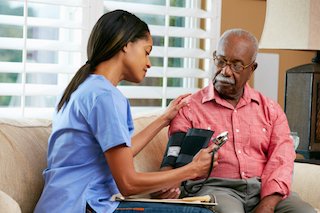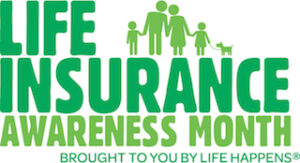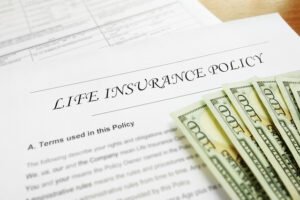There are a number of things a life insurance applicant can do in the hours and days before a paramedical exam that could improve results and therefore save the applicant a lot of money in the form of lower premiums.
It’s a no-brainer for agents to want their applicants to avoid unnecessarily sabotaging their exam by partaking in food, drink or habits that will inflate their cholesterol or blood pressure scores. Do you encourage your applicants to follow guidelines that can help them optimize their exam results?
Thaddeus Dziuba, CLU, with PRW Wealth Management in Quincy, Mass., recently shared these eight tips he uses with applicants to help optimize exam results in an article on the DailyFinance.com website. You can read the full, detailed story here.
1. Don’t smoke
“Somebody who has smoked their entire life for 50 years and then stops smoking for three months – they’re considered a non-smoker,” Dziuba says. Dziuba isn’t suggesting that smokers lie on their applications and quit smoking a few months before the test. Carriers take into account a history of smoking when the person is examined, but the lab results only test for nicotine currently in the system, he says.
2. Fast
Don’t eat overnight or at least two hours before the exam. A final meal the previous night should be healthy and well balanced. The applicant may also be told not to drink anything up to four hours before the exam, though a small amount of water may be allowed. Dziuba advises clients to schedule exams for a weekday and not a Monday – a weekend of indulging in fatty foods and alcohol can boost cholesterol levels on a Monday.
3. Lose weight
Don’t try to lose weight fast. That will mostly get rid of water weight. But losing one to two pounds per week over a few months, or hopefully over a year, can help an applicant drop from being a standard risk to getting a preferred rate – a 15% to 20% difference in premiums.
4. Don’t drink alcohol
Avoid alcohol for at least 12 and preferably 48 hours before the exam, because it can elevate blood pressure and adversely affect elements of the blood work. High blood pressure can be the difference between a standard and preferred rate, a savings of up to 20%.
5. Cut back on caffeine
Limit caffeine consumption 48 hours before the exam, and definitely no caffeine that morning. It increases blood pressure and pulse rate and can provoke an irregular heart rate. This means staying away from coffee and tea and some soft drinks, cold remedies and pain medications.
6. Limit your salt
Salt can raise blood pressure by allowing the body to retain fluids, so limit its use in the three to four days before an exam.
7. Don’t exercise
At least don’t go to the gym the morning of the exam, and preferably 24 hours before. Cardiovascular workouts can cause inaccurate levels of cholesterol levels, which can be another risk factor that can push an applicant into a higher rating classification.
8. Relax
You’ve probably had this happen at the doctor’s office: You’re nervous about having your blood pressure taken, so your blood pressure reads high the first time you take it. Wait a few minutes and take it again, and it goes down. Applicants may want to request the examiner to re-check their blood pressure again at the end of the exam.
• Have other tips to help applicants improve their paramedical exam results? Please share them on this new thread on Insurance Forums.













